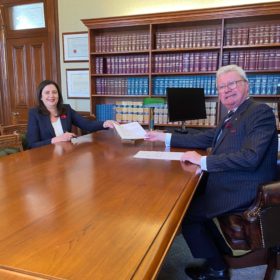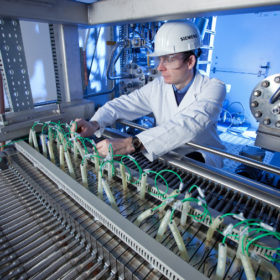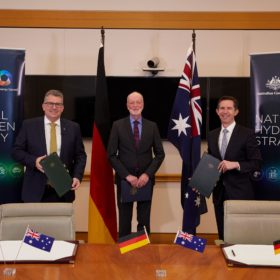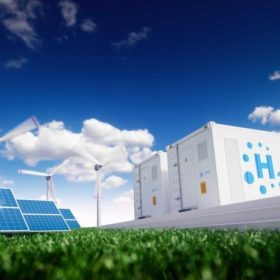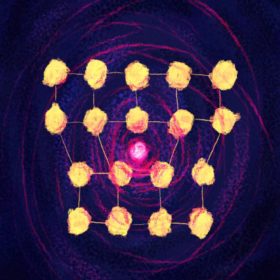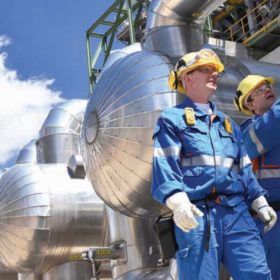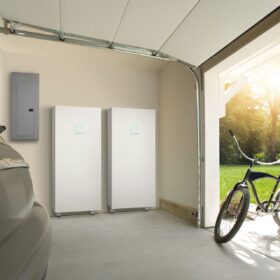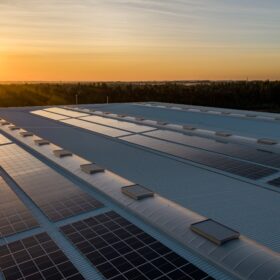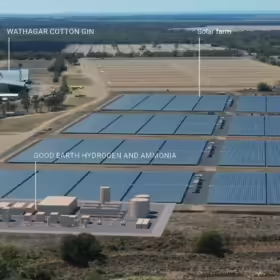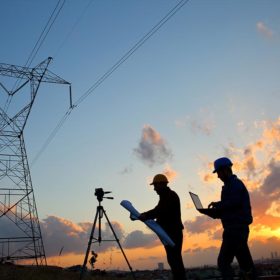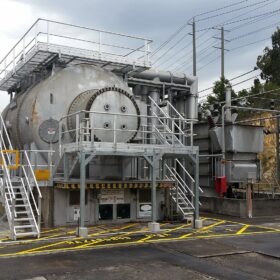QLD establishes ministry for hydrogen as Australia moves ahead in the global race for H
In an Australian first, newly re-elected Premier of Queensland Annastacia Palaszczuk has established a ministry for hydrogen in her new government. The move comes amidst a raft of recent hydrogen related policies throughout Australia and reinforces the nation’s determination to lead the global race for a hydrogen economy.
UNSW researchers calculate the inevitability of green hydrogen
Researchers from the University of New South Wales have run the numbers, run them again, and then run them a third time to make triply sure. Australia’s solar resources and the rapidly falling costs of solar-powered hydrogen production mean that the future hydrogen economy is green whether the Morrison Government likes it or not.
Australia and Germany shake hands on green hydrogen future
Australia and Germany have brought their national hydrogen strategies together after signing a new agreement for a joint feasibility study into green hydrogen production and trade. The agreement was welcomed around the country as auspicious of Australia’s potential as a global green hydrogen superpower.
Leaked: EU hydrogen strategy eyes €140 billion turnover by 2030
The European Commission has sent the European Green Deal on its way and a preliminary version of its anticipated hydrogen strategy has been leaked. The plan does not lack ambition, as the EU seeks to assert tech leadership in green hydrogen through coordinated efforts across the value chain.
The solar highway to Australia’s renewable hydrogen economy
Modelling from a new report backed by ARENA has found that on-site solar electrolysis is not only the most cost-effective way of reaching Australia’s ambitions of both a domestic and export hydrogen economy, but perhaps the only way.
Australia and Japan agree to hydrogen future
Australian and Japanese trade ministers met in Melbourne last week to sign a joint statement of cooperation. The agreement and collaboration between the two nations hopes to affirm Australia’s potential as a major exporter of hydrogen, with Japan as a key recipient.
Researchers discover how hydrogen causes embrittlement of steels
University of Sydney researchers have found evidence of how hydrogen causes embrittlement of steels, the discovery that can potentially pave the way to hydrogen-fueled future. The groundbreaking research also reveled a technique to address this challenge.
WA Govt set to fund seven renewable hydrogen feasibility studies
The WA Government has allocated funding from its Renewable Hydrogen Fund toward seven feasibility studies that could pave the way for significant renewable hydrogen projects around the state.
Finkel’s CCS persistence spreads us too thin
Australia’s chief scientist Dr Alan Finkel continues to voice his support for some modicum of Carbon Capture and Storage (CCS) in Australia’s hydrogen future, providing a lifeline to fossil fuel producers. While Finkel’s argument holds some water, it holds nowhere near enough water to produce a hydrogen economy.
